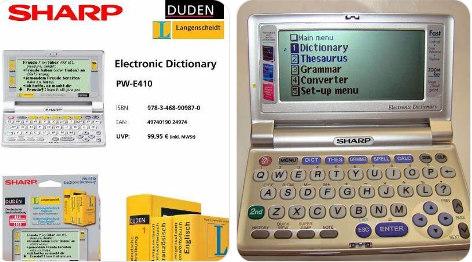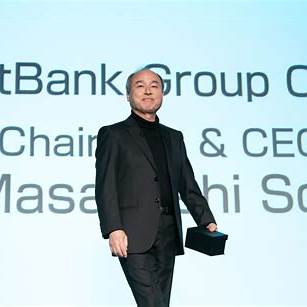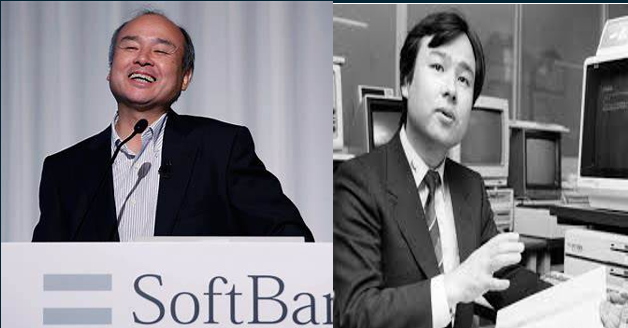“Masa, what are you saying?” the professor asked, half-smiling.
The young Japanese student leaned forward with calm confidence.
“If you make my idea — my technical idea — into reality and create an electronic dictionary, I will patent it. You know the code. I have the vision. Once it’s built, I’ll pay you whatever price you ask.”
That bold sentence came from 18-year-old Masayoshi Son, who later became the richest man in Japan and a billionaire and vital investor in the USA and Alibaba.
Masa a student at the University of California, Berkeley in 1980s. He had no money, no network, and limited English. But he had one thing that would define the rest of his life — the courage to act on an idea.
A Dream of $10,000 a Day
One evening, while chatting with his friends at the dorm, Masa told them, “One day, I’ll make $10,000 every single day.”

His friends laughed. “That’s impossible!” they said.
But Masa smiled. “Then I’ll make it possible. I’ll think until I find an idea that no one else has.”
That moment changed his destiny. He realized he couldn’t rely on luck or inheritance. He needed an invention — something unique that could create value for the world and wealth for himself.
Five Minutes That Changed Everything
Masa started a simple routine that he would later call his secret formula:
Every day, he set a timer for five minutes and sat in silence. No music. No distractions. Just deep thinking.
“If I can’t think of one new idea a day,” he told himself, “then I’m not living up to my dream.”
Days passed. Then weeks. Some days, his notebook remained blank. But eventually, the ideas began to flow — new tools, electronic gadgets, innovations that could make life easier.
Among them was one that stood out — a portable electronic dictionary. This was the early 1980s, a time when computers were rare and portable tech almost unheard of. The idea was far ahead of its time.
The Deal With His Professor
There was only one problem: Masa didn’t know how to program.

So, he approached his Berkeley professor and proposed something unusual:
“You know how to code. I have the idea. Let’s build it together. Once the product is finished, I’ll patent it and pay you whatever you want.”
The professor, impressed by the student’s confidence, agreed.
They worked day and night. Masa handled the vision, design, and purpose. His professor handled the technical coding. Finally, the world’s first electronic dictionary was born — Displaying and translating words digitally.
When they demonstrated it to Sharp Corporation, the executives were stunned. They saw the future in that small device. Shortly after, Sharp bought the invention from Masa for $1.3 million.
For a teenager who arrived in America barely speaking English, this was nothing short of incredible.
From Ideas to an Empire
That million-dollar sale was only the beginning. Masa invested the money into developing new ideas, some of which he sold again for millions.

After completing his studies, he returned to Japan, keeping his promise to his mother — to come home successful. There, he founded a small company called SoftBank. At first, it was just a software distributor. But Masa’s vision was far greater.
He saw the coming wave of computers, the internet, and global digitalization long before others did. So he began investing — fearlessly, boldly, and often against conventional advice.
Triumphs, Failures, and Unshakable Faith
Not all his decisions were successful. Many of his early investments collapsed. He faced losses so large that most entrepreneurs would have quit. But Masa didn’t believe in giving up.
He said once,
“You only fail when you stop believing in your own vision.”
Then came his first major triumph: Yahoo Japan, a joint venture that became one of the biggest internet platforms in the country.
And the true jackpot came later — Alibaba. In the late 1990s, Masa met Jack Ma in China. Despite many warning him that Alibaba was too risky, Masa invested $20 million.
Years later, that same investment grew to be worth over $50 billion. It became one of the greatest venture capital returns in history.

The SoftBank Vision and Global Influence
Masa-san’s journey teaches a profound lesson: thinking deeply can change your destiny.
Today, Masayoshi Son stands as one of the world’s most influential technology investors. His company, SoftBank, has backed revolutionary startups like ARM, Uber, WeWork, and countless AI companies through the SoftBank Vision Fund — one of the largest investment funds ever created. He is also a Key investor for President AI with OPENAI project Stargate.
He was also instrumental in the telecom industry, acquiring Sprint, which later merged with T-Mobile, reshaping the U.S. wireless market.
In recent years, he has joined hands with global initiatives, including AI infrastructure projects like President Trump’s Stargate Project, showing his relentless pursuit of future-shaping technology.
A Lesson in Focus and Imagination
He wasn’t a programming genius. He didn’t start rich. He wasn’t fluent in English. But his discipline — spending just five minutes daily to think — helped him create billion-dollar ideas.
It’s proof that ideas aren’t born from privilege; they’re born from persistence.
“You don’t need money to start,” he often says. “You need an idea that makes the world better.”
Final Thoughts
From a shy Japanese student in California to a tech billionaire shaping the world’s AI future, Masayoshi Son’s story is a masterclass in vision, faith, and boldness.
His journey began with one question to his professor — a question that turned into a deal, then an invention, and ultimately a global empire.
So, next time you doubt your potential, remember Masa’s daily ritual:
Five minutes of pure thought.
Because one idea — just one — might be enough to change your entire life.
















